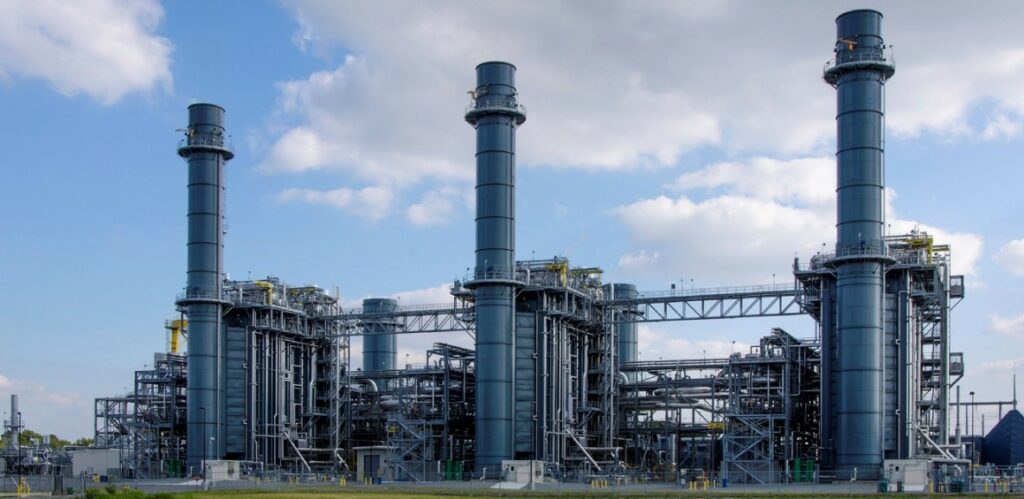Natural gas power generation is “indispensable” to the growth of renewable electricity generation, the Progressive Policy Institute advises in a new report.
Providing an “instantly dispatchable” source of electricity, natural gas accelerates renewable energy growth and, moving forward, can be the key to decarbonizing the grid without disrupting reliability or hiking electricity costs for consumers, PPI concludes in Wind, Solar, and Gas: Managing the Risks of America’s Clean Energy Transition.
Natural gas-fueled power plants have the ability to quickly turn on and off in a matter of minutes, whereas wind and solar energy sources – because the sun isn’t always shining nor is the wind always blowing – require significant battery storage that take longer to initiate, on top of contributing to global e-waste problems.
“Demands to ‘ban fracking’ or keep shale gas ‘in the ground’ are not consistent with a balanced approach to decarbonizing the electric grid,” the Progressive Policy Institute writes.
Moreover, short timelines to achieve ambitious climate goals require a rapid deployment of renewable energy infrastructure, leading to construction mobilization, as Mark Mills said during SHALE INSIGHTTM, unseen since WWII.

Reliability and affordability are important factors for consumers, especially heading into the winter months, as natural gas and natural gas liquids are the backbone of winter heating.
For consumers in the New York and New England states, where limited pipeline capacity – blocked by anti-infrastructure actions – high energy costs and reliability threats are a reality.
As ISO-New England noted in a recent winter reliability report:
“Consecutive days of extremely cold weather can reduce fuel availability for generating power due to regional natural gas pipeline capacity constraints.”
Next month, the 117th Congress will be sworn in – ushering a new wave of policy initiatives reflective of each political party’s respective platform. While energy and climate policies are carefully weighed, debated, and amended, the course taken must leverage our natural gas abundance and its role in clean, reliable and affordable electricity generation.




